tried it with a script (which is what I use A.I. for the most) and it gave out something that worked. So I guess it's just as good, at least for that.depends on what you use it for, copy and paste the same prompts into all of them to see which responses you prefer.
You are using an out of date browser. It may not display this or other websites correctly.
You should upgrade or use an alternative browser.
You should upgrade or use an alternative browser.
Bard gets its biggest upgrade yet with Gemini {Google A.I / LLM}
More options
Who Replied?tried it with a script (which is what I use A.I. for the most) and it gave out something that worked. So I guess it's just as good, at least for that.
which language?

Compare and Share Side-by-Side Prompts
Compare and Share Side-by-Side Prompts with Google's Gemini Pro vs OpenAI's ChatGPT.
Google’s Gemini Pro vs OpenAI’s ChatGPT...
Compare and Share Side-by-Side Prompts with Google’s Gemini Pro vs OpenAI’s ChatGPT.
GitHub - lchh5/GeminiPro-Next-Web: Google Gemini Pro UI (Base on ChatGPT-Next-Web). 一键拥有你自己的跨平台 Gemini 应用。
Google Gemini Pro UI (Base on ChatGPT-Next-Web). 一键拥有你自己的跨平台 Gemini 应用。 - GitHub - lchh5/GeminiPro-Next-Web: Google Gemini Pro UI (Base on ChatGPT-Next-Web). 一键拥有你自己的跨平台 Gemini 应用。
About
Google Gemini Pro UI (Base on ChatGPT-Next-Web). 一键拥有你自己的跨平台 Gemini 应用。chat.googlegemini.co/
Gemini Pro Chat
English / 简体中文One-Click to get a well-designed cross-platform Gemini web UI, Gemini Pro support, Base From ChatGPT Next Web.
一键免费部署你的跨平台私人 Gemini 应用, 支持Gemini Pro 模型。基于 ChatGPT Next Web.
Web App / Twitter
网页版 / 反馈

Features
- Deploy for free with one-click on Vercel in under 1 minute
- Google Gemini Pro Support,include Text Input and Text Image Input.
- Privacy first, all data is stored locally in the browser
- Markdown support: LaTex, mermaid, code highlight, etc.
- Responsive design, dark mode and PWA
- Fast first screen loading speed (~100kb), support streaming response
- New in v2: create, share and debug your chat tools with prompt templates (mask)
- Awesome prompts powered by awesome-chatgpt-prompts-zh and awesome-chatgpt-prompts
- Automatically compresses chat history to support long conversations while also saving your tokens
- I18n: English, 简体中文, 繁体中文, 日本語, Français, Español, Italiano, Türkçe, Deutsch, Tiếng Việt, Русский, Čeština, 한국어, Indonesia
Google Gemini Pro Chat Bot
Use Google Gemini Pro As ChatGPT. Includes text and image input, interacting with Google Gemini through multimodal prompting.
chat.googlegemini.co
Zeno AI Evaluation Platform
Zeno is a platform for evaluating AI systems. Explore your data, discover systematic failures, and create interactive evaluation reports.
 hub.zenoml.com
hub.zenoml.com
Gemini MMLU
Updated Friday, January 19, 2024 at 8:20 PMAuthor:
zichunyu
Linked Projects:
Gemini Evaluation - MMLU
Gemini Benchmark - MMLU
In this report, we compare the accuracy of Gemini Pro to GPT 3.5 Turbo and GPT 4 Turbo, on the knowledge-based QA dataset MMLU. We examine the overall performance, output choice ratio, performance by tasks, and performance by output length. If you want to look in more detail about the individual examples, you can click over to the corresponding Zeno project.First, looking at the overall results in the figure below, we can see that Gemini Pro achieves an accuracy lower than that of GPT 3.5 Turbo, and much lower than that of GPT 4 Turbo. Using chain-of-thought prompting may not boost the model performance as MMLU is mostly a knowledge-based question answering task and may not benefit a lot from stronger reasoning-based prompts.
Family Lives Matter
#FLM
Thought you meant the Xbox 360.game 

↓R↑LYB
I trained Sheng Long and Shonuff
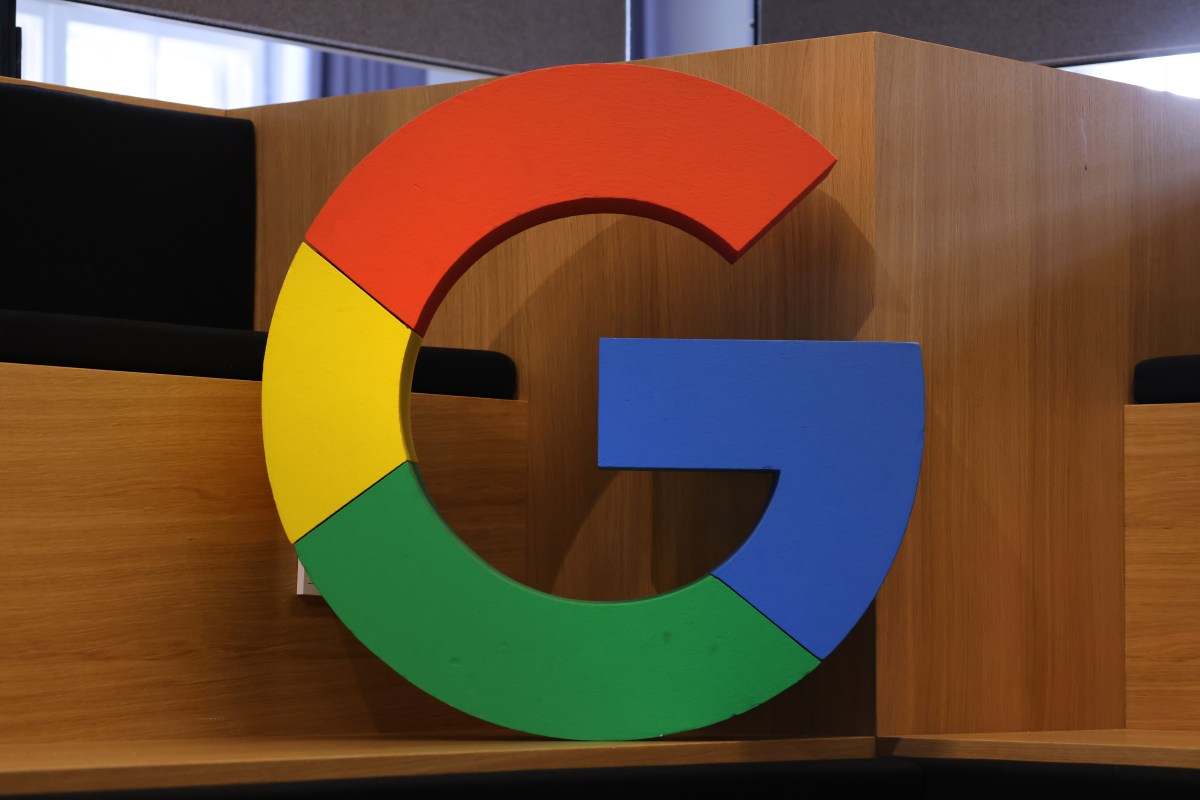
Google launches an AI-powered image generator | TechCrunch
Google has launched a new image generation tool, ImageFX, powered by its recently released Imagen 2 GenAI model.
Google launches an AI-powered image generator
Kyle Wiggers @kyle_l_wiggers / 10:00 AM EST•February 1, 2024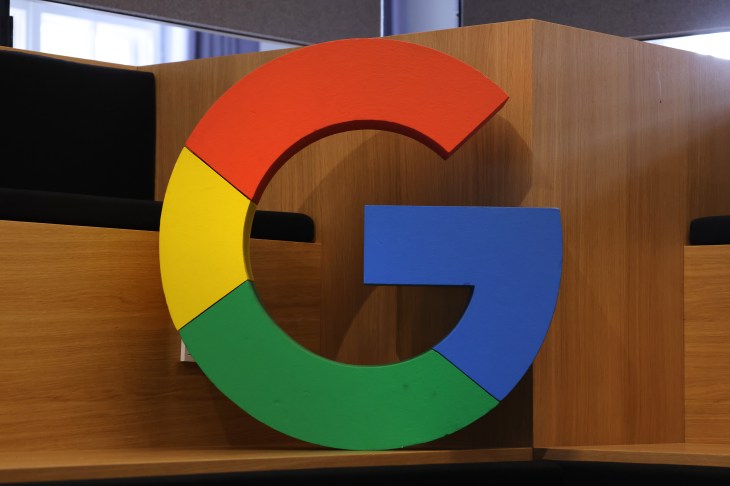
Image Credits: Sean Gallup / Getty Images
Taylor Swift deepfakes be damned, Google is releasing a new AI-powered tool, ImageFX, for image creation.
Underpinned by Imagen 2, a GenAI image model developed by Google’s DeepMind team, ImageFX offers a prompt-based UI to create and edit images. That’s no different than tools like OpenAI’s DALL-E 3, Midjourney, Meta’s Imagine with Meta AI and Microsoft Designer. But ImageFX’s unique twist is “expressive chips” — basically a list of keyword suggestions that let users experiment with “adjacent dimensions” of their creations and ideas.
“Designed for experimentation and creativity, ImageFX lets you create images with a simple text prompt, then easily modify them with a new take on prompting using expressive chips,” Google writes in a blog post.
But what of the potential for abuse — especially in light of recent events?

Image Credits: Google
Google claims that it’s taken steps to ensure that ImageFX can’t be used in ways that it wasn’t intended, for example by adding “technical safeguards” to limit “problematic outputs” like violent, offensive and sexually explicit content. ImageFX also has a prompt-level filter for “named people,” presumably public figures — although Google wasn’t especially clear on that point in its press materials.
“We invested in the safety of training data from the outset,” Google said. “Consistent with our AI principles, we also conducted extensive adversarial testing and red teaming to identify and mitigate potential harmful and problematic content.”
As an additional safety measure, Google’s tagging images produced using ImageFX with SynthID, a digital watermark that’s allegedly robust against image edits and crops.

An image sample from Imagen 2.
“SynthID watermarks are imperceptible to the human eye but detectable for identification,” Google continues in the blog post. “With added insights in ‘About this image,’ you’ll know if an image may have been generated with Google’s AI tools when you come across it in Google Search or Chrome.”
You’ll find ImageFX in AI Test Kitchen, Google’s web app for experimental AI projects.
Imagen 2 expanded
In related news today, Google said that it’s bringing Imagen 2 to more of its products and services starting this week, including to its next-gen AI search experience and family of managed AI services Vertex AI.Imagen 2 — which also now powers text-to-image capabilities in Google Ads and Duet AI in Workspace, Google’s GenAI suite of products for productivity — has made its way into Google’s SGE (Search Generative Experience). SGE, which began surfacing image generation tools for users in Google Image Search last October, now taps Imagen 2 for generating images. Users can enter a prompt specifying what sort of image they want and SGE will return four results directly in the SGE conversational experience.

Another sample from Imagen 2.
In Vertex AI, Imagen 2 is available through an API to Google Cloud customers. Elsewhere, Imagen 2 is now invokable through Bard, Google’s AI-driven chatbot.
“With Imagen 2, Bard understands simple or complex prompts so that you can generate a range of high-quality images,” Google explains. “Just type in a description — like ‘create an image of a dog riding a surfboard’ — and Bard will generate custom, wide-ranging visuals to help bring your idea to life.”
Google still hasn’t revealed the data it used to train Imagen 2, which — while disappointing — doesn’t exactly come as a surprise. It’s an open legal question as to whether GenAI vendors like Google can train a model on publicly available — even copyrighted — data and then turn around and commercialize that model.

Image Credits: Google
Relevant lawsuits are working their way through the courts, with vendors arguing that they’re protected by fair use doctrine. But it’ll be some time before the dust settles.
In the meantime, Google’s playing it safe by keeping quiet on the matter.
↓R↑LYB
I trained Sheng Long and Shonuff
Yo Google gotta AI beat maker
Google launches an AI-powered image generator | TechCrunch
Google has launched a new image generation tool, ImageFX, powered by its recently released Imagen 2 GenAI model.techcrunch.com
Google launches an AI-powered image generator

MusicFX

Google Bard to become 'Gemini' very soon with 'Advanced' tier and Android app
Google Bard is set to become "Gemini" in early February as a leaked changelog shows, while an Android app is also coming.
Google Bard to become ‘Gemini’ very soon with ‘Advanced’ tier and Android app
Ben Schoon | Feb 3 2024 - 7:02 am PT
19 Comments
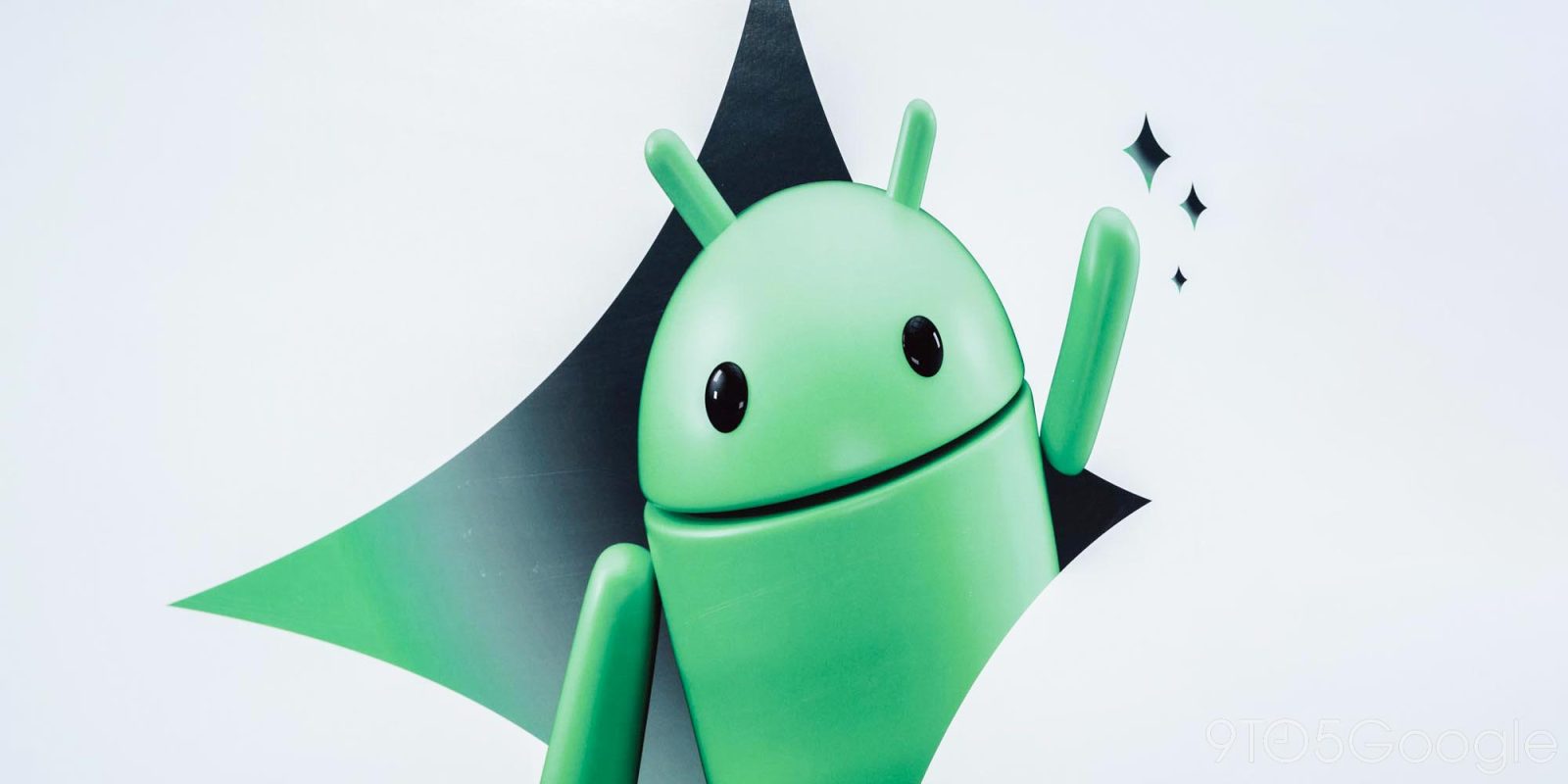
Google Bard is in for a big shakeup in the next few days, as an early changelog reveals that the “Gemini” rebrand is coming next week with a new Android app and more.
Over the past few months, Google has rapidly been building out Bard, its generative AI chat experience, with new features and capabilities. Last year, Bard was upgraded with “Gemini” as the behind-the-scenes model and, more recently, added an image generator. But, all the while, Google has been working on a big change to Bard.
As we reported earlier this week, evidence spotted through Android and Bard’s web experience showed that Google is looking to rebrand Bard as “Gemini,” matching the name of the foundational model powering it. Now, an early changelog for Bard spotted by Dylan Roussel shows that the change is coming this week.
The changelog, currently with the date February 7 attached to it, directly says that “Bard is now Gemini,” and also offers some insight into Google’s reasoning. As was announced this week, “Gemini Pro” now powers Bard in all countries and languages where Bard is available. The rebranding is to better fit this, Google says.
We’re committed to giving everyone direct access to Google AI and, as of this week, every Gemini user across our supported countries and languages has access to Google’s best family of AI models. To better reflect this commitment, we’ve renamed Bard to Gemini.
Beyond the change in name, Google also notes in the changelog that access to “Gemini Advanced” will also be available starting on February 7. The “Advanced” tier was announced in December 2023 and is built on “Gemini Ultra,” the most capable of Google’s models. We’ve also reported that it will be paid while also adding some additional functionality. Google’s changelog directly mentions that this is a paid product, and that it will expand with more features including “expanded multi-modal capabilities,” better coding support, and “the ability to upload and more deeply analyze files, documents, data, and more.”
After being rebranded from Bard, Google Gemini will also be getting an Android app.
Google explains:
Get help learning in new ways, writing thank you notes, planning events, and more with Google AI on your phone. Gemini is integrated with Google apps like Gmail, Maps, and YouTube, making it easy to get things done on your phone. You can interact with it through text, voice or images.
To chat with Gemini on Android, download the Gemini app in the Google Play Store. On iOS, try Gemini in the Google app.
While there’s no preview of the app currently, previous evidence we’ve reported on suggests that this “app” will act a lot like the current experience of using Google Assistant on Android. We specifically found that the current Google Assistant “app” available through the Play Store, which is effectively just a homescreen shortuct, is being updated to be called “Gemini.” Last month, we also shared screenshots from an early version of the experience, including a settings menu.
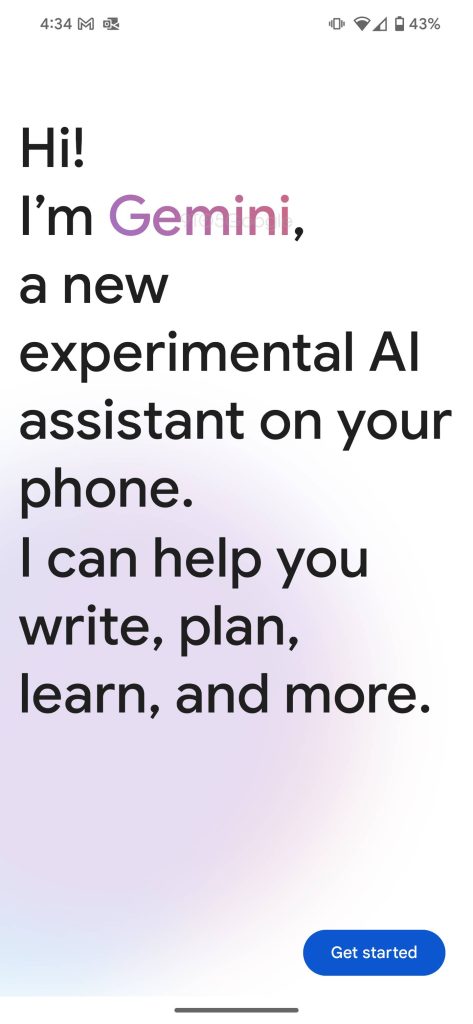
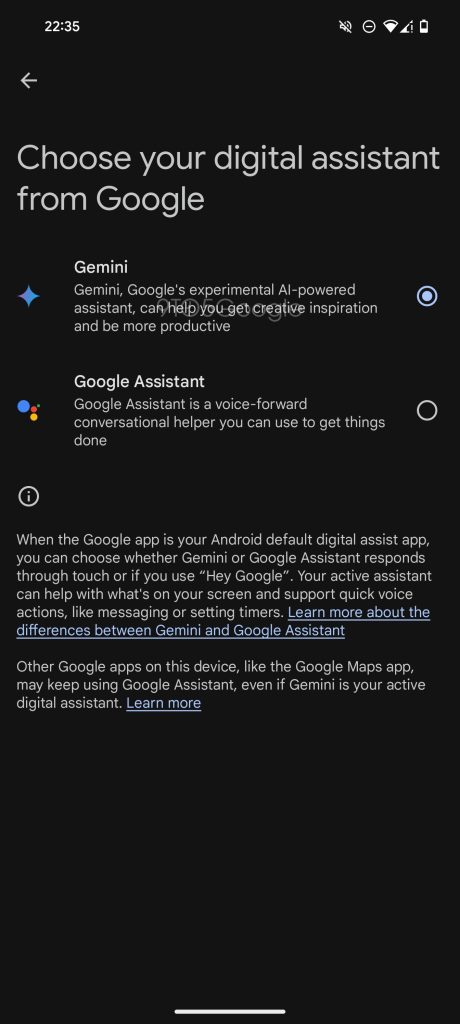
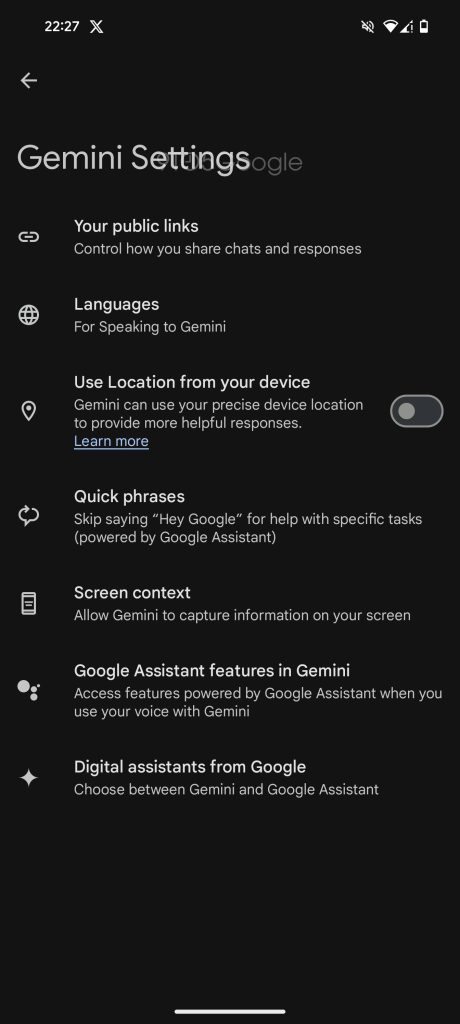
Google’s changelog notes that the app will only be available on “select devices” – we reported months ago that this might be only Tensor-powered Pixels and the Galaxy S24 – in English in the US. It would also be expanding to “Japanese, Korean, and English globally except for the UK, Switzerland, European Economic Area countries, and associated territories,” with more countries and languages to follow.
And, finally, Google Gemini would also expand to Canada on February 7. Bard never launched in the region, with Canada being one of the only major regions without support.
As always with these early changelogs, there’s a chance things could change slightly between now and the formal announcement, including the actual date. That said, things have clearly been building up quickly towards this launch.
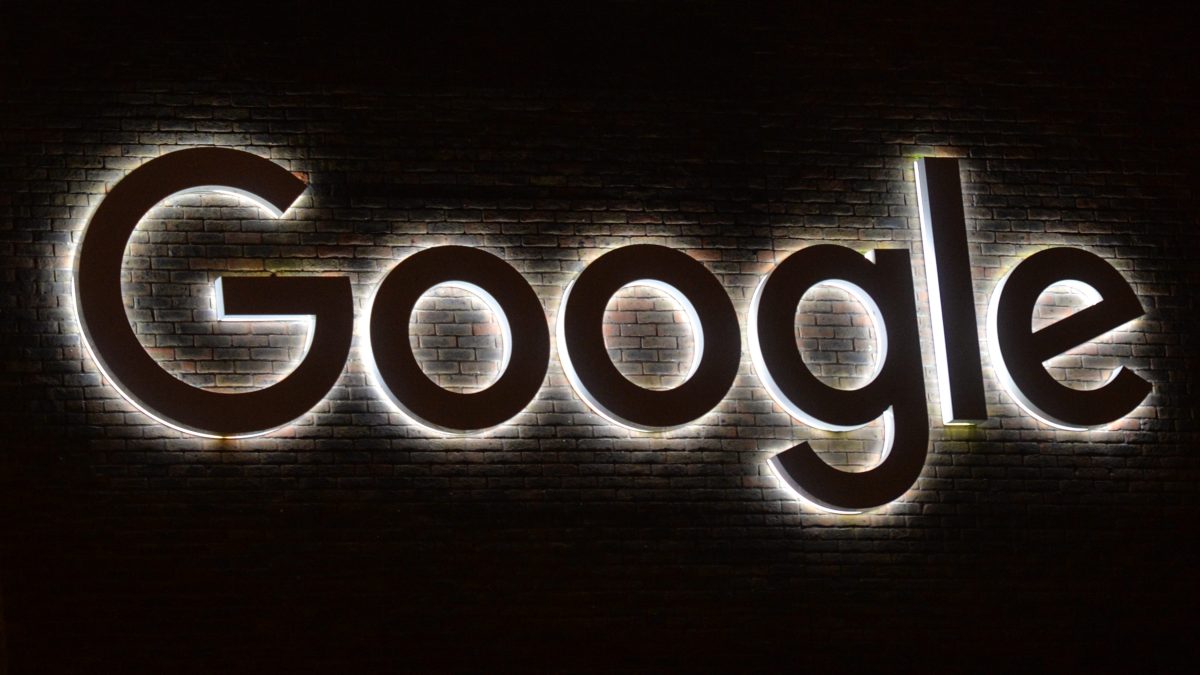
Google releases GenAI tools for music creation | TechCrunch
Google has released and updated its tools for music creation and lyrics generation. The tools are available in AI Test Kitchen, its app for experimental AI projects.
Google releases GenAI tools for music creation
Kyle Wiggers @kyle_l_wiggers / 10:00 AM EST•February 1, 2024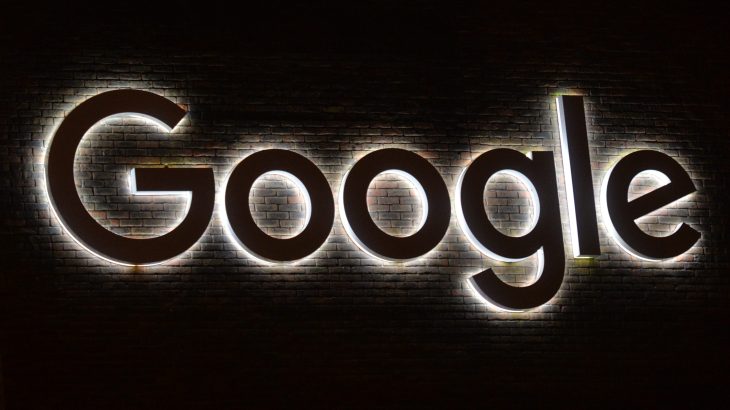
Image Credits: Artur Widak/NurPhoto / Getty Images
As GenAI tools begin to transform the music industry in incredible — and in some cases ethically problematic — ways, Google is ramping up its investments in AI tech to create new songs and lyrics.
The search giant today unveiled MusicFX, an upgrade to MusicLM, the music-generating tool Google released last year. MusicFX can create ditties up to 70 seconds in length and music loops, delivering what Google claims is “higher-quality” and “faster” music generation.
MusicFX is available in Google’s AI Test Kitchen, an app that lets users try out experimental AI-powered systems from the company’s labs. Technically, MusicFX launched for select users in December — but now it’s generally available.

Image Credits: Google
And it’s not terrible, I must say.
Like its predecessor, MusicFX lets users enter a text prompt (“two nylon string guitars playing in flamenco style”) to describe the song they wish to create. The tool generates two 30-second versions by default, with options to lengthen the tracks (to 50 or 70 seconds) or automatically stitch the beginning and end to loop them.
A new addition is suggestions for alternative descriptor words in prompts. For example, if you type “country style,” you might see a drop-down with genres like “rockabilly style” and “bluegrass style.” For the word “catchy,” the drop-down might contain “chill” and “melodic.”

Image Credits: Google
Below the field for the prompt, MusicFX provides a word cloud of additional recommendations for relevant descriptions, instruments and tempos to append (e.g. “avant garde,” “fast,” “exciting,” “808 drums”).
So how’s it sound? Well, in my brief testing, MusicFX’s samples were… fine? Truth be told, music generation tools are getting to the point where it’s tough for this writer to distinguish between the outputs. The current state-of-the-art produces impressively clean, crisp-sounding tracks — but tracks tending toward the boring, uninspired and melodically unfocused.
Maybe it’s the SAD getting to me, but one of the prompts I went with was “a house music song with funky beats that’s danceable and uplifting, with summer rooftop vibes.” MusicFX delivered, and the tracks weren’t bad — but I can’t say that they come close to any of the better DJ sets I’ve heard recently.
Listen for yourself:
https://techcrunch.com/wp-content/u..._music_song_with_funky_beats_thats_da.mp3?_=1
https://techcrunch.com/wp-content/u...usic_song_with_funky_beats_thats_da-5.mp3?_=2
Anything with stringed instruments sounds worse, like a cheap MIDI sample — which is perhaps a reflection of MusicFX’s limited training set. Here are two tracks generated with the prompt “a soulful melody played on string instruments, orchestral, with a strong melodic core”:
https://techcrunch.com/wp-content/u...melody_played_on_string_instruments-1.mp3?_=3
https://techcrunch.com/wp-content/u...l_melody_played_on_string_instruments.mp3?_=4
And for a change of pace, here’s MusicFX’s interpretation of “a weepy song on guitar, melancholic, slow tempo, on a moonlight [sic] night.” (Forgive the spelling mistake.)
https://techcrunch.com/wp-content/u...y_song_on_guitar_melancholic_slow_tem.mp3?_=5
There are certain things MusicFX won’t generate — and that can’t be removed from generated tracks. To avoid running afoul of copyrights, Google filters prompts that mention specific artists or include vocals. And it’s using SynthID, an inaudible watermarking technology its DeepMind division developed, to make it clear which tracks came from MusicFX.
I’m not sure what sort of master list Google’s using to filter out artists and song names, but I didn’t find it all that hard to defeat. While MusicFX declined to generate songs in the style of SZA and The Beatles, it happily took a prompt referencing Lake Street Dive — although the tracks weren’t writing home about, I will say.
Lyric generation
Google released a new lyrics generation tool, TextFX, in AI Test Kitchen that’s intended as a sort of companion to MusicFX. Like MusicFX, TextFX has been available to a small user cohort for some time — but it’s now more widely available, and upgraded in terms of “user experience and navigation,” Google says.As Google explains in the AI Test Kitchen app, TextFX was created in collaboration with Lupe Fiasco, the rap artist and record producer. It’s powered by PaLM 2, one of Googles’ text-generating AI models, and “[draws] inspiration from the lyrical and linguistic techniques [Fiasco] has developed throughout his career.”

Image Credits: Google
This reporter expected TextFX to be a more or less automated lyrics generator. But it’s certainly not that. Instead, TextFX is a suite of modules designed to aid in the lyrics-writing process, including a module that finds words in a category starting with a chosen letter and a module that finds similarities between two unrelated things.

Image Credits: Google
TextFX takes a while to get the hang of. But I can see it becoming a useful resource for lyricists — and writers in general, frankly.
You’ll want to closely review its outputs, though. Google warns that TextFX “may display inaccurate info, including about people,” and I indeed managed to prompt it to suggest that climate change “is a hoax perpetrated by the Chinese government to hurt American businesses.” Yikes.

Image Credits: Google
Questions remain
With MusicFX and TextFX, Google’s signaling that it’s heavily invested in GenAI music tech. But I wonder whether its preoccupation with keeping up with the Joneses rather than addressing the tough questions surrounding GenAI music will serve it well in the end.Increasingly, homemade tracks that use GenAI to conjure familiar sounds and vocals that can be passed off as authentic, or at least close enough, have been going viral. Music labels have been quick to flag AI-generated tracks to streaming partners like Spotify and SoundCloud, citing intellectual property concerns. They’ve generally been victorious. But there’s still a lack of clarity on whether “deepfake” music violates the copyright of artists, labels and other rights holders.
A federal judge ruled in August that AI-generated art can’t be copyrighted. However, the U.S. Copyright Office hasn’t taken a stance yet, only recently beginning to seek public input on copyright issues as they relate to AI. Also unclear is whether users could find themselves on the hook for violating copyright law if they try to commercialize music generated in the style of another artist.
Google’s attempting to forge a careful path toward deploying GenAI music tools on the YouTube side of its business, which is testing AI models created by DeepMind in partnership with artists like Alec Benjamin, Charlie Puth, Charli XCX, Demi Lovato, John Legend, Sia and T-Pain. That’s more than can be said of some of the tech giant’s GenAI competitors, like Stability AI, which takes the position that “fair use” justifies training on content without the creator’s permission.
But with labels suing GenAI vendors over copyrighted lyrics in training data and artists registering their discontent, Google has its work cut out for it — and it’s not letting that inconvenient fact slow it down.








